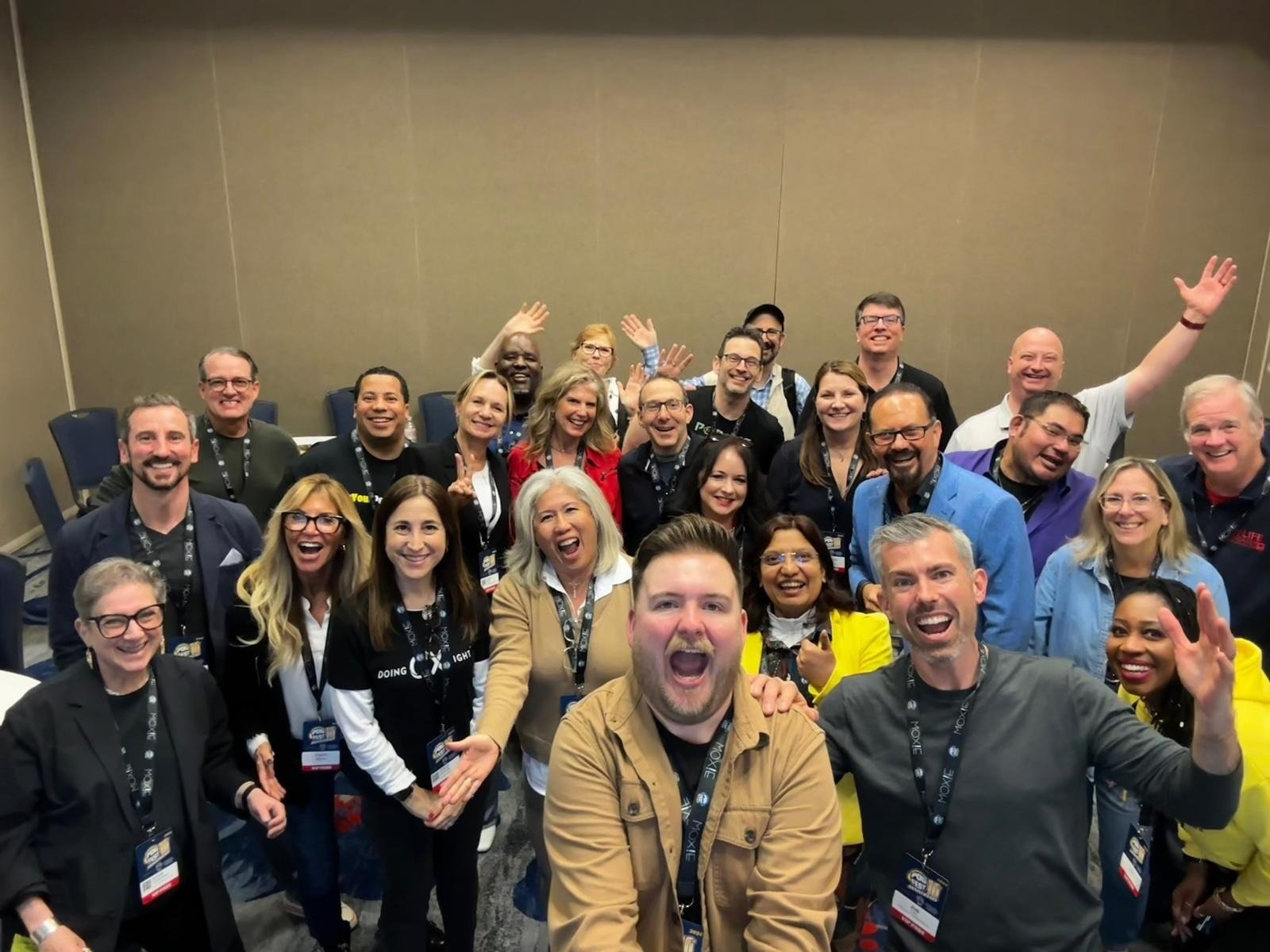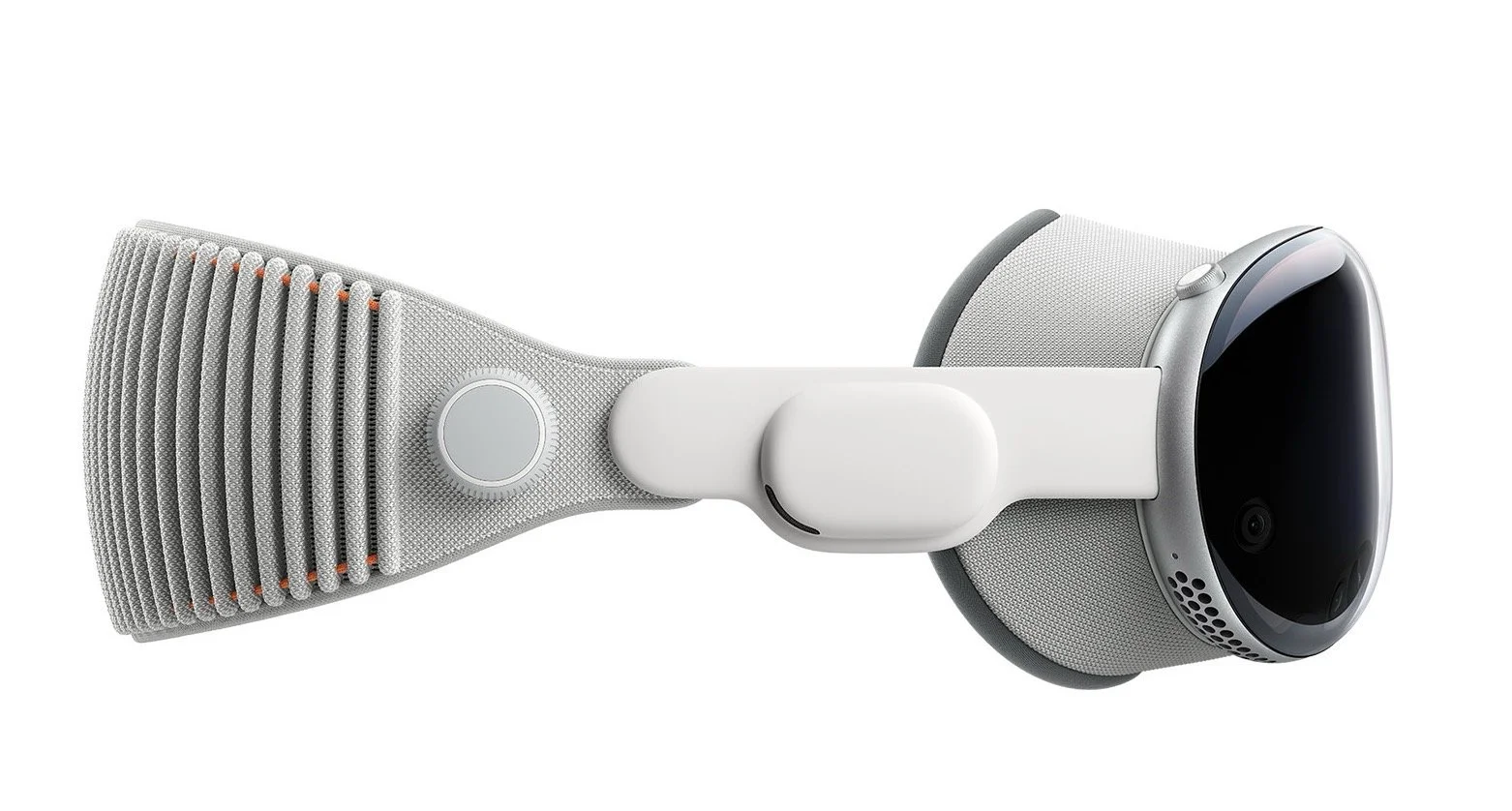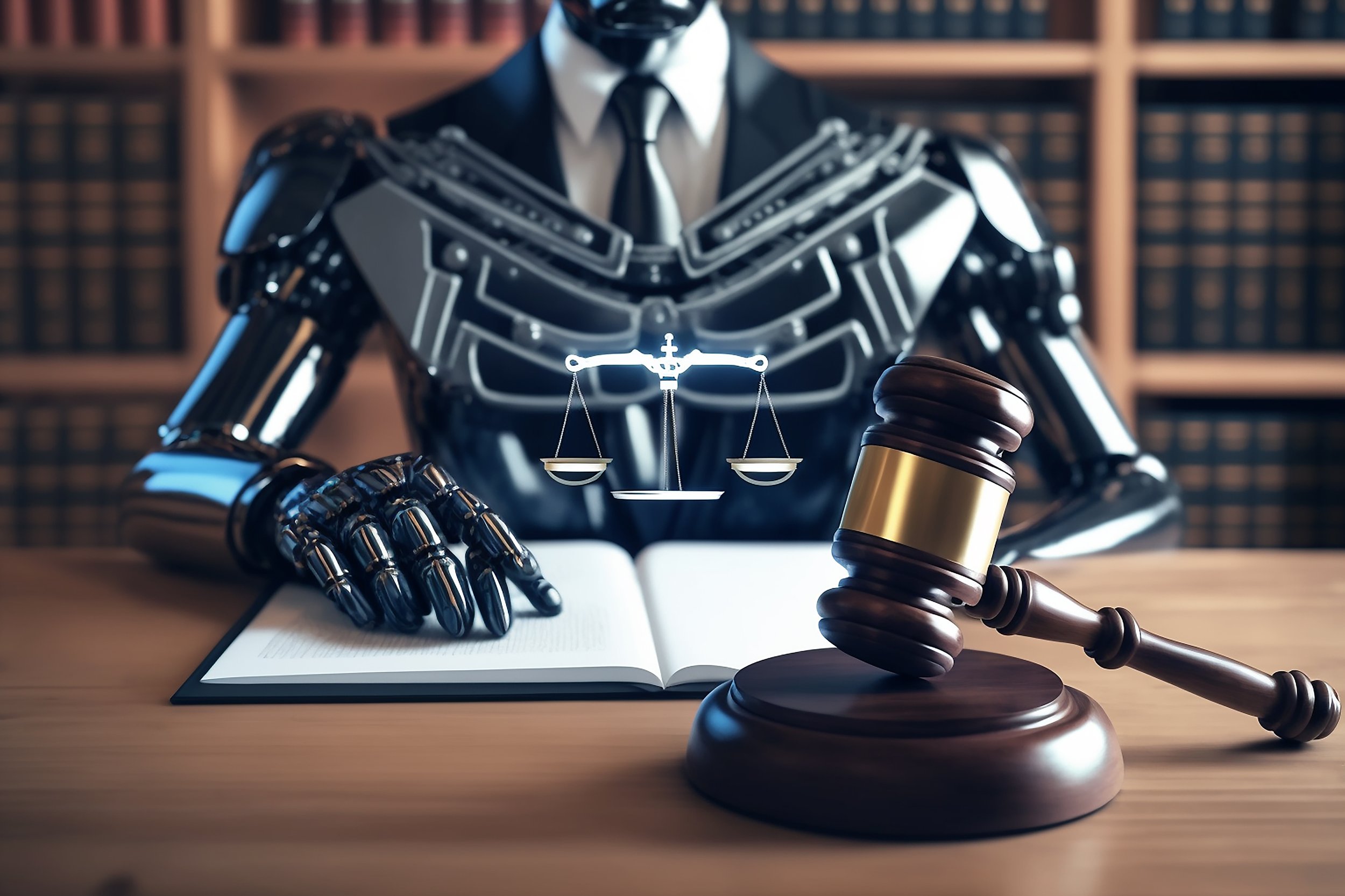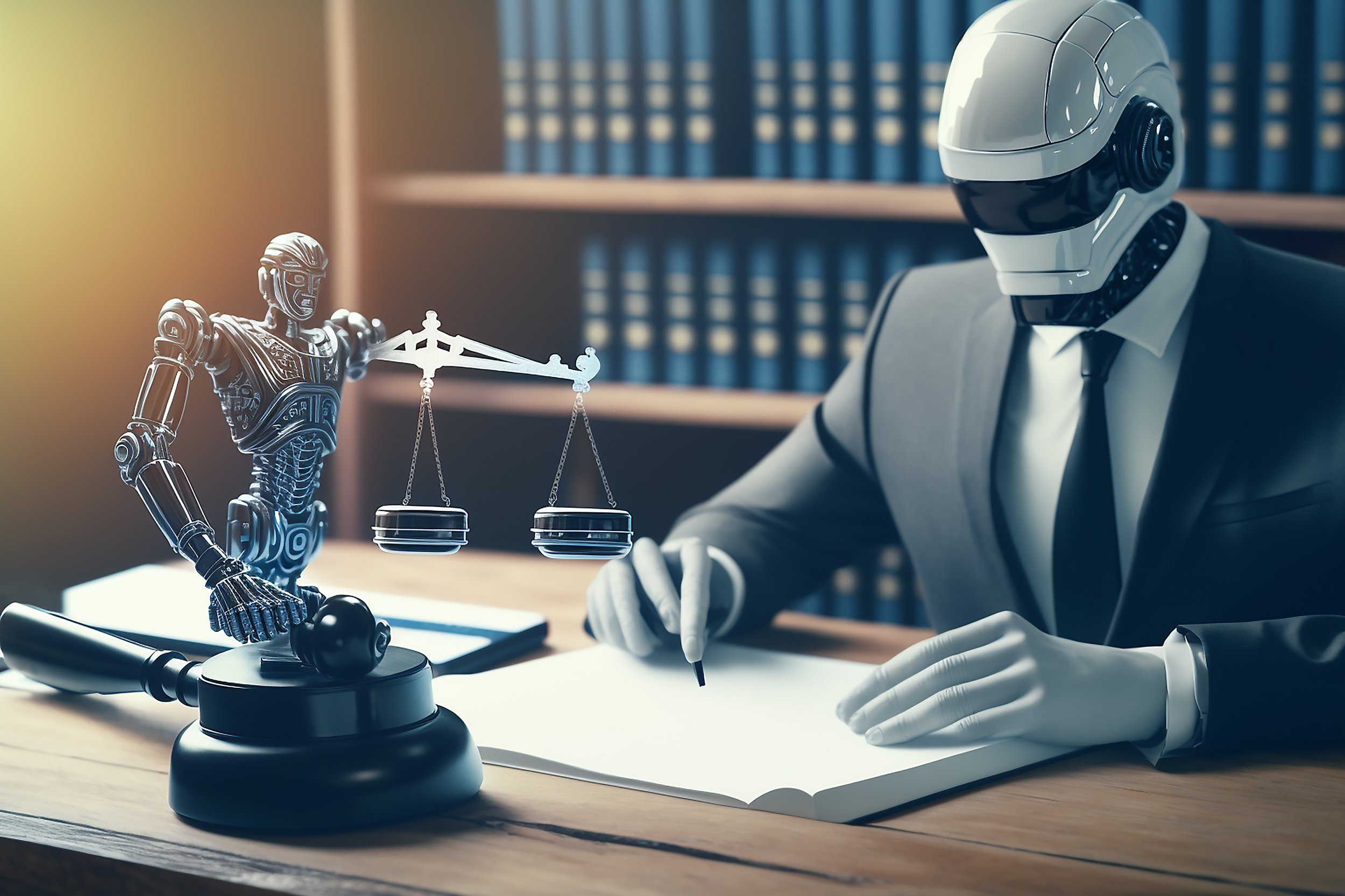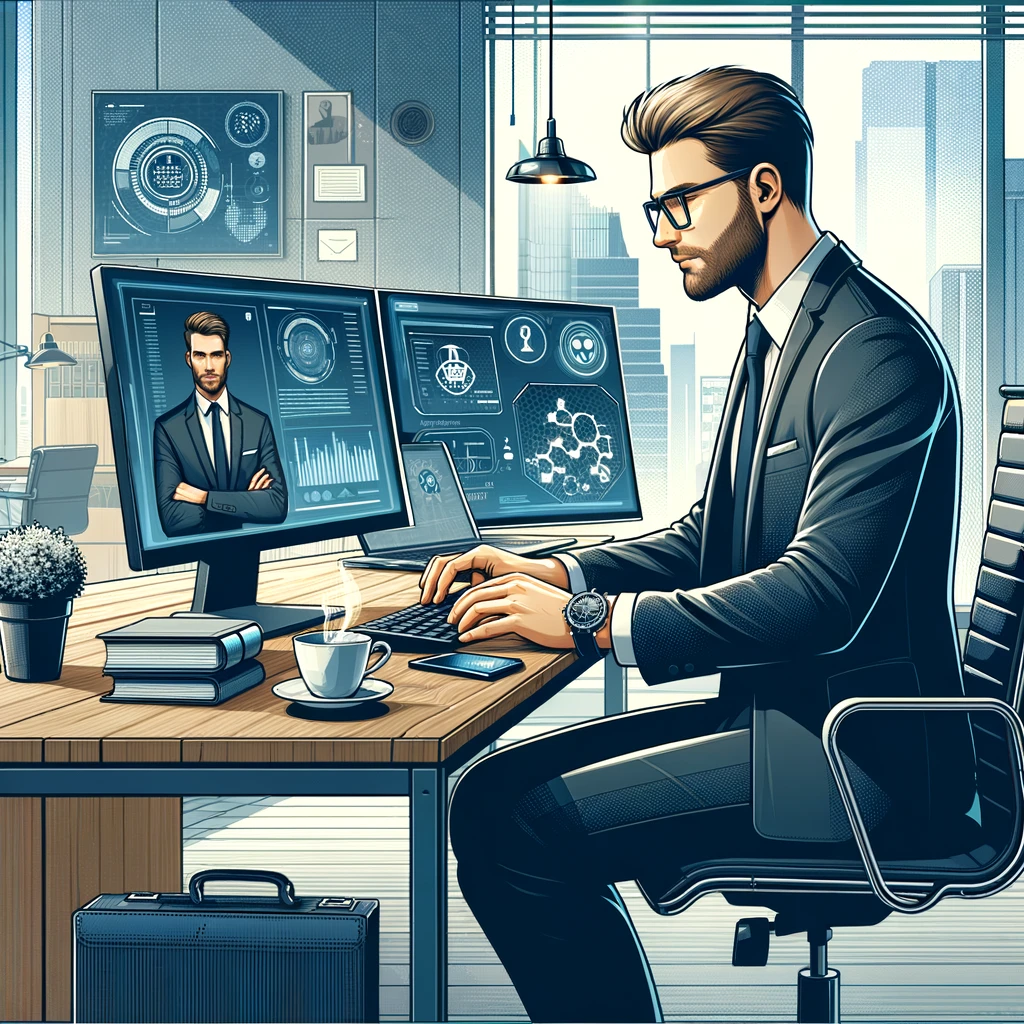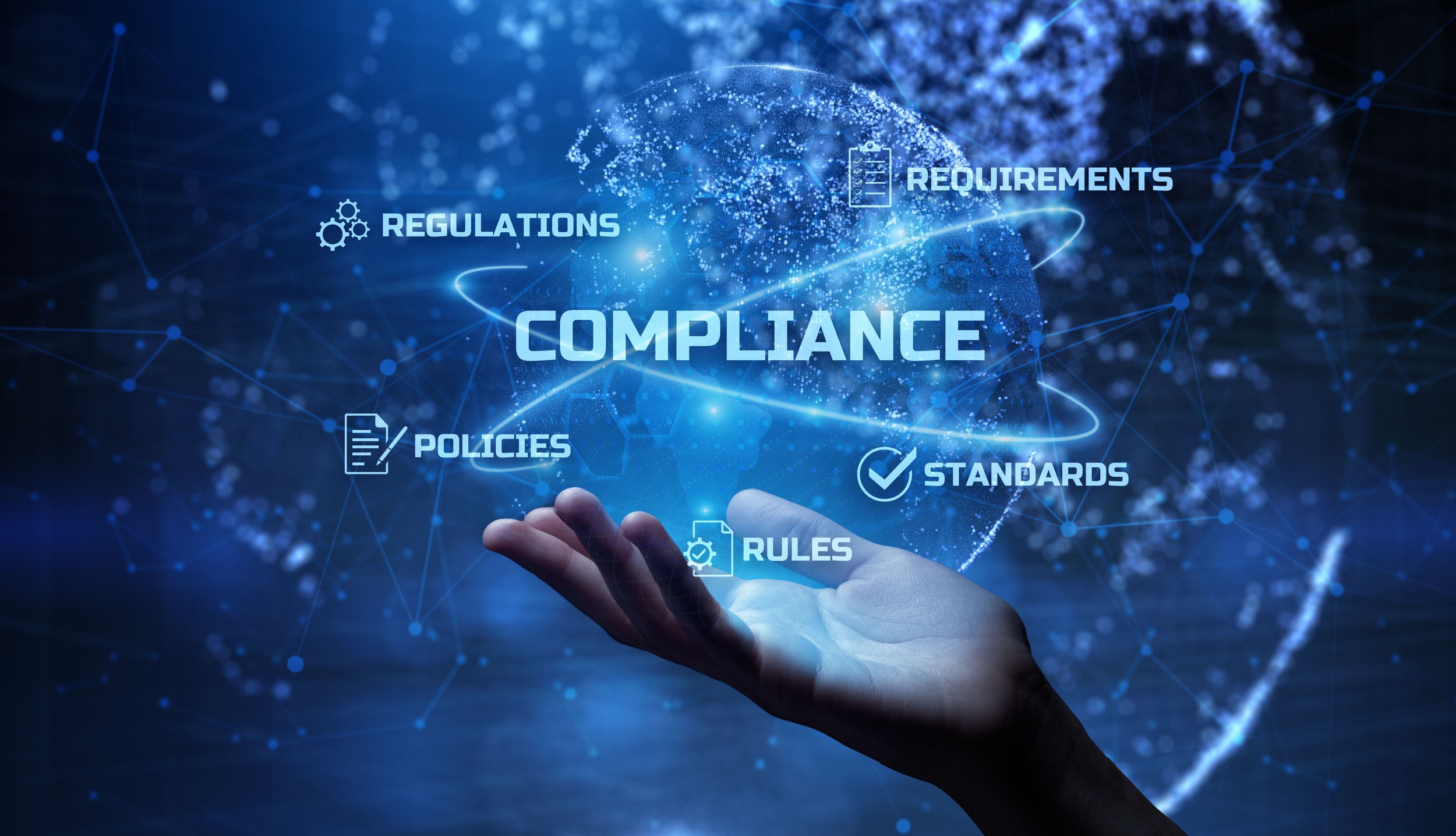My Two Cents: The First Apple Macintosh Computer Turns 40! 🥳 A Reminder For Lawyers On The Technological Shift In Legal Practice.
/The first mac was release on Jan 24, 1984.
The introduction of the Macintosh computer in 1984 marked a significant turning point in the legal profession, revolutionizing how lawyers practiced law. As we commemorate 40 years since its inception, lawyers should reflect on how this technological shift transformed their work and understand its lasting impact on legal practice.
Before the advent of personal computers, legal professionals primarily relied on typewriters, handwritten documents, and physical libraries for research. This laborious process often consumed significant time and resources. However, with the introduction of Macintosh and its Graphical User Interface (GUI), lawyers were empowered with tools that, over time, would streamline their workflow and enhance efficiency. The GUI provided lawyers with a user-friendly experience through icons, windows, and menus instead of complex command lines.
today’s lawyers have much to celebrate today given apple’s gui Operating system!
I am sure there are some early Windows users screaming that "everyone" was using Windows well before Macintosh computers. And they are half right. No one could have been using Windows OS before Mac OS because Mac OS came out nearly two years before Microsoft's GUI-based Windows. So, Mac wins, right? Kind of.
Although Mac's GUI was released before Windows OS, Windows was more widely used than Macs. The public's perception was that Macs were geared toward a more creative audience. In contrast, Windows computers were geared toward those in the business world, especially since Windows machines were networked before Macs were. Plus, Mac's first GUI word processing program, MacWrite, had some serious limitations when first introduced.
The first Mac cost about $2,495 ($7,500 in today's dollars) - the first Mac had a built-in screen and mouse and 128kb of memory - think about it, 1,000,000 kb equals 1 GB!
So, let's be clear: the initial release of the Macintosh Computer was not the immediate answer for how lawyers work today. Instead, its GUI-based operating system initiated the journey toward modern computing, incorporating word processing, file and case management, and web-based research. This evolution continues to shape lawyers' digital landscape today.
Happy Birthday, Macintosh!








